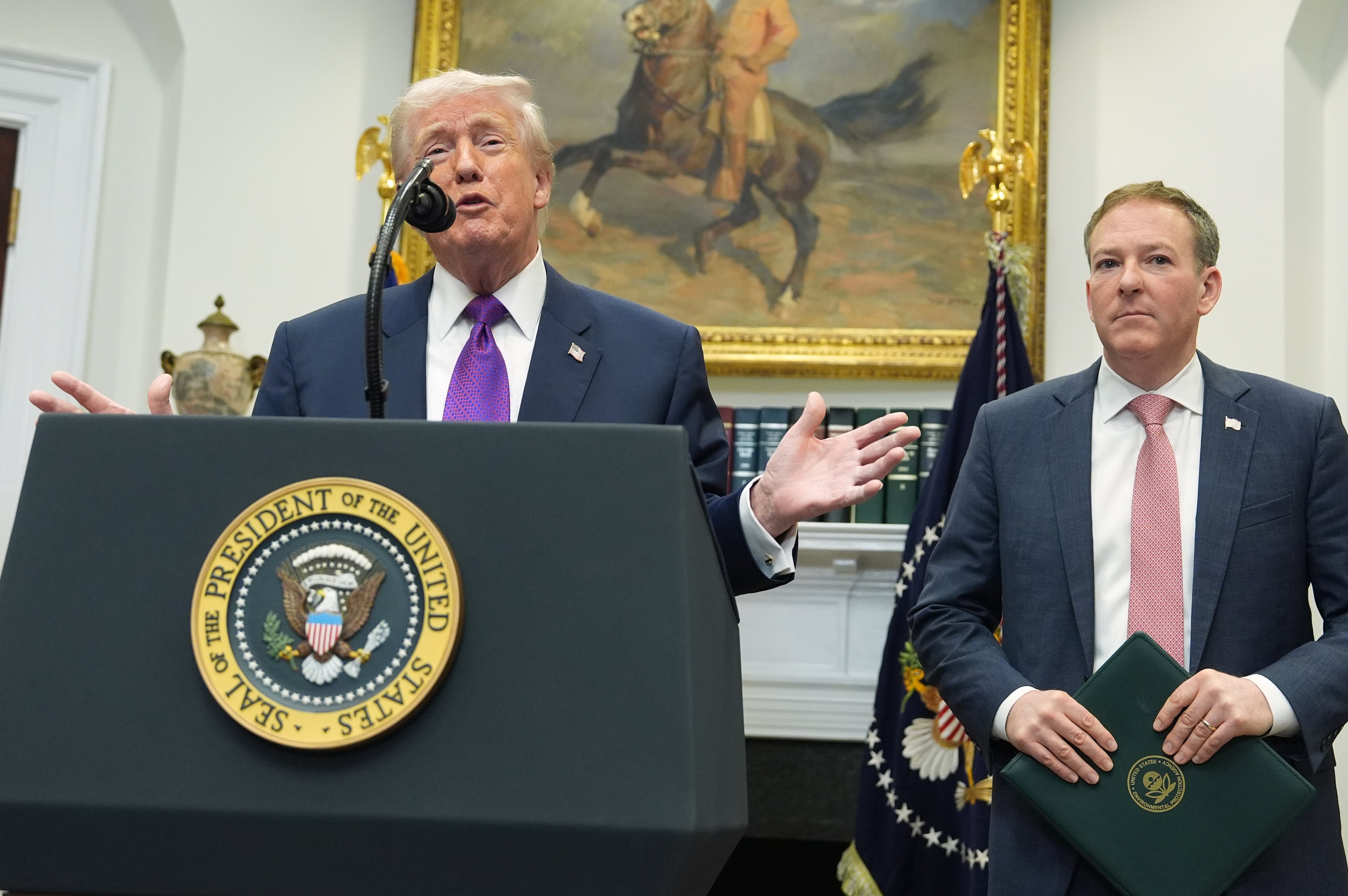Georgia should protect workers from extreme heat, just like it does high school athletes

Last month, Florida Gov. Ron DeSantis signed a bill that prevents cities and towns from protecting workers from deadly heat. The bill will scuttle local regulations that require employers to provide outdoor workers with lifesaving water, rest and shade on hot days.
Workers seeking better treatment might head to Georgia instead. But they will find that our state cares more for the health of high school football players than for the workers who harvest our food, repair our roofs and toil on our highways.
Increasingly, outdoor workers put their health — and their lives — at risk just to do their jobs. Extreme heat is the No. 1 weather-related cause of death in the United States, killing more people than hurricanes, floods and tornadoes combined. As the planet warms, the toll will only grow. Last year was the hottest year in history, by far — and 2024 is shaping up to be even hotter.
I have seen the toll of extreme heat firsthand. As a physician, I volunteer in a mobile health clinic in South Georgia, where I often treat migrant farmworkers. Many of those workers have extensive rashes from exposure to pesticides. Others wear multiple layers of clothing, even in the sweltering heat, to protect their skin from the chemicals. Too often, those workers show signs of excessive sun exposure, heat exhaustion or syncope (fainting or dizziness). Some workers tell me that if they mention the need for sun protection or additional hydration, they will be fired.
There are a few states that protect workers from heat, but Georgia isn’t one of them. California, Oregon and Washington require employers to provide shade and clean drinking water when the temperature reaches a certain point. And though better enforcement is needed, these laws are helping to prevent heat-related illnesses and deaths.
Georgia is, however, a national leader in protecting high school athletes from heat. For years, our state had some of the highest rates of heat-related deaths among high school football players. In the humid heat our state is known for, sweat evaporates very slowly and the body works harder to keep itself cool — sometimes leading to deadly heat strokes.
So, in 2012, the Georgia High School Association took action. It required schools to use the Wet Bulb Globe Temperature (WBGT) calculator to measure air temperature, humidity and radiant temperature. Based on the readings, coaches must provide a certain number of breaks per hour. As the readings rise higher, more protections are added, including changing the sports attire, shortening the time that players are out in the elements or canceling practice altogether.
Shouldn’t outdoor workers have the same protections?
As we prepare for another record-breaking hot summer, state and local officials must take steps to protect workers from extreme heat. Outdoor workers need safeguards, such as access to shade and hydration. Employers should be required to use a WBGT to monitor temperature and limit heat exposure accordingly. We also need mechanisms for workers to report unsafe conditions without losing their jobs.
Our state is a national leader in protecting high school athletes from dangerous heat. It’s time to do the same for those who earn their living by toiling under the hot Georgia sun.
Charles E. Moore is a professor and eminent physician at Emory University. He is the chief of service of Otolaryngology-Head and Neck Surgery Department at Grady Health System. Dr. Moore is also the director of the Emory Urban Health Initiative and the president and Founder of Atlanta-based federally qualified healthcare center the HEALing Community Center. Dr. Moore is a 2024 Climate Health Equity Fellow with the Medical Society Consortium on Climate and Health.


